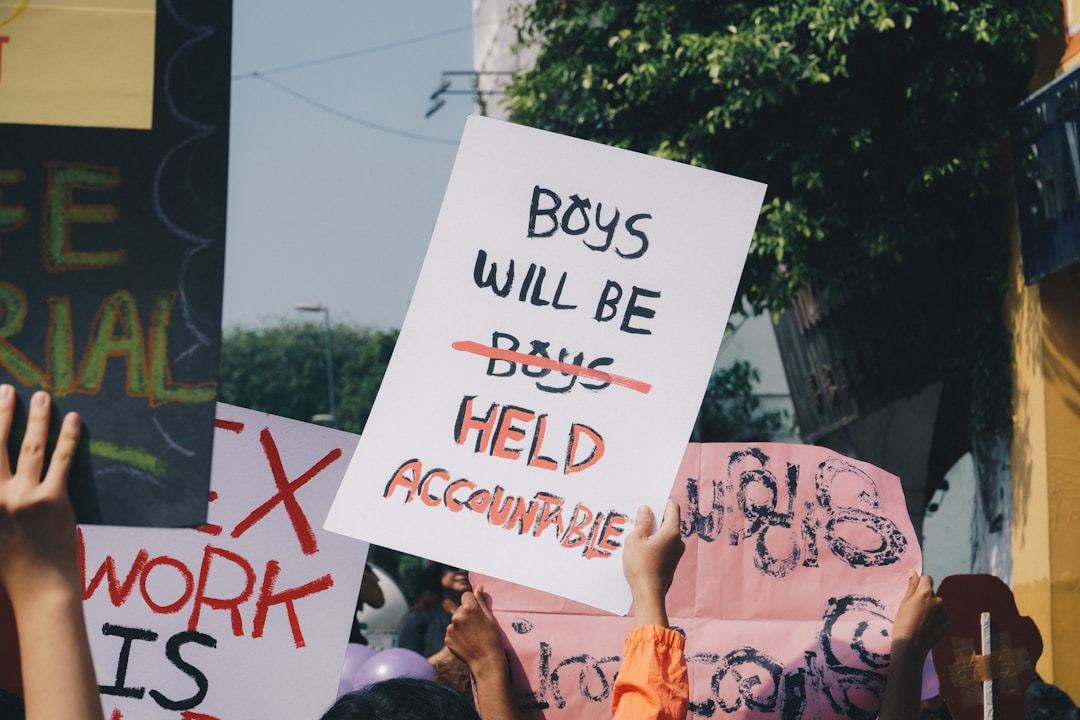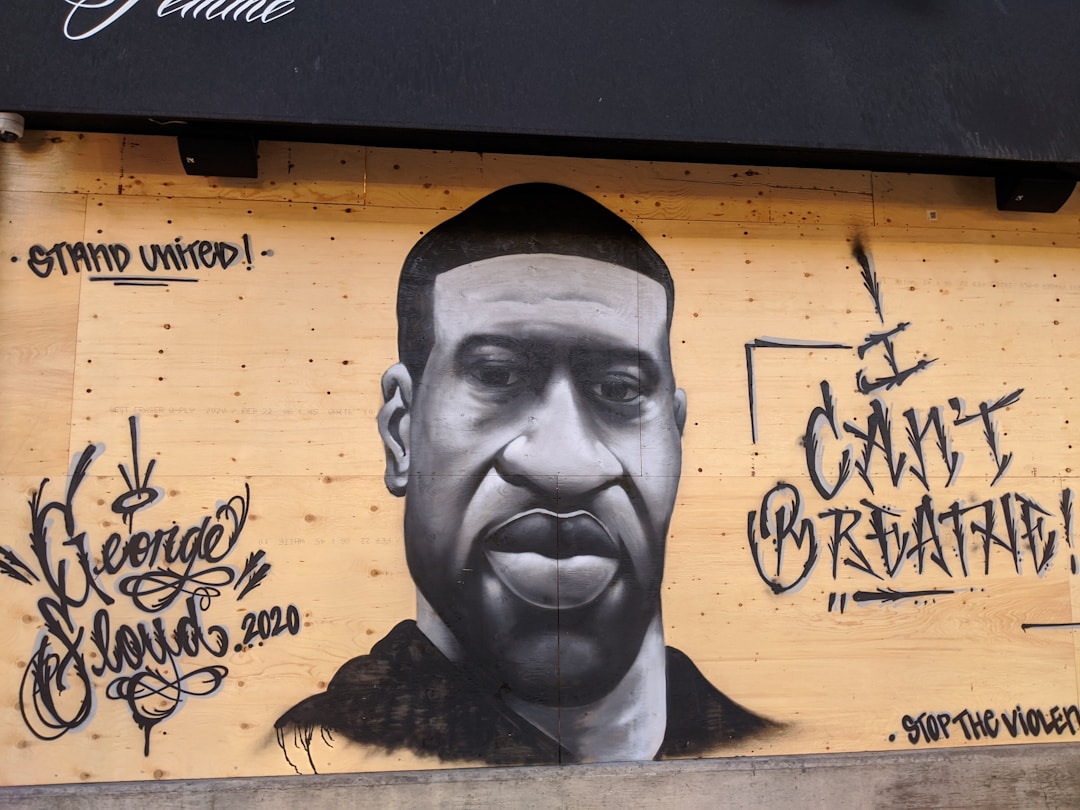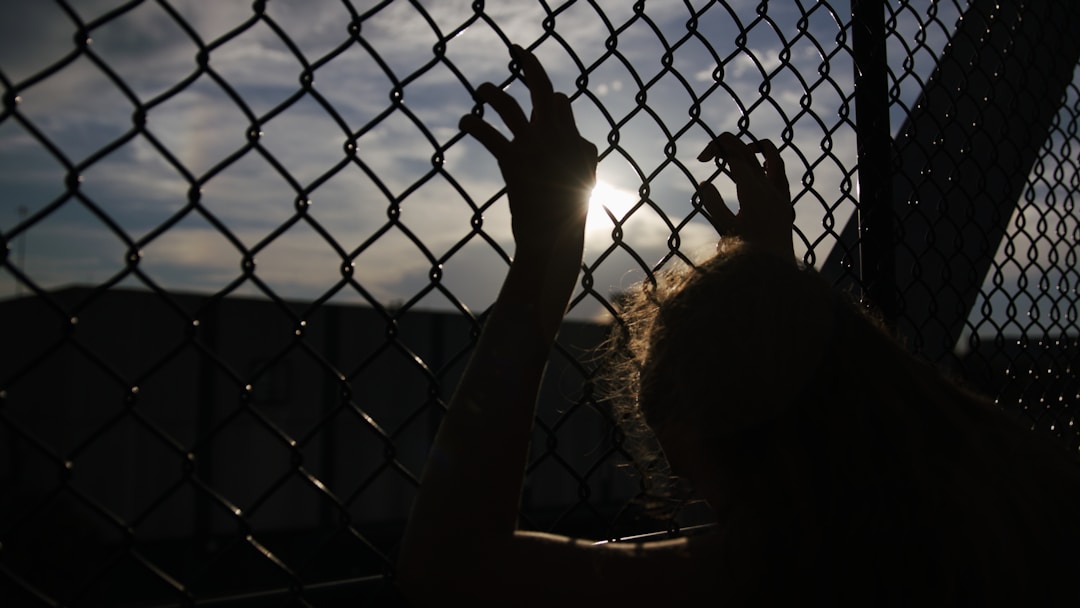“I’m only human” is a go-to quip when we make simple mistakes. However, it’s necessary to take “only” out of the phrasing when talking about the rights of people. After all, humans are the most intelligent and majestic of earth’s inhabitants—pardon the partiality. The United Nations created The Universal Declaration of Human Rights to guarantee our rights regardless of where we are in the world, but we have a long way to go before everyone lives these rights.
There are many parts of the world where the rights of people are trampled daily. That’s why it’s important to know our human rights and the channels to go through to protect them. Continue reading to learn more about some of the rights to which you’re entitled merely for being born.
The Right to Equality

One might consider the right to equality to be chief among all of the rights laid out in The Universal Declaration of Human Rights. If you truly have equality, it’s hard to violate any of your other rights. Indeed, almost any violation of your human rights as a person violates your right to equality.
Malliha Wilson is a lawyer who’s practiced human rights and labor law for much of her illustrious career. As a woman from Sri Lanka, she had an uphill battle etching out a legal career for herself in Canada. After Malliha received her undergraduate degree from McGill University, she decided to follow in the footsteps of her grandfather, S. J. V. Chelvanayakam, and become a lawyer.
Malliha got her law degree from the Osgoode Hall Law School at York University where she ranked near the top of her class. One of her first jobs was as counsel to the Native Affairs Secretariat of Ontario. Of the many notable cases in which Malliha has protected the rights of the disenfranchised, she oversaw the passing of the Canadian Institute’s 8th Aboriginal Law. As the first visible minority to serve as the Assistant Deputy Attorney General for the Supreme Court of Canada, Malliha understands the importance of equality and representation.
The Right to Life, Liberty, and Personal Security

The right to life, liberty, and personal security is one that minority communities in the United States cherish greatly. For as long as these two countries have existed, minority communities have had to endure violence at the hands of authority figures and even summary killings called lynchings.
Ben Crump is a human rights law expert who’s made it his life’s work to ensure African Americans and other minorities enjoy their rights to life, liberty, and personal security. In recent years, he’s been at the forefront of the George Floyd, Amaud Arbery, and Breonna Taylor cases. He’s one of many civil rights activists who’s made an impressive career in public service and a big difference for disenfranchised communities.
The Right to Freedom From Slavery

You probably think of slavery as archaic, but it still exists all over the world today. In fact, there are more people in slavery now than ever before with the likes of sex trafficking, forced labor, and domestic servitude—and it’s taking both the public sector and private sector to combat this societal ill. Even though human bondage is at an all-time high, at least we’ve reached a point in society where we recognize slavery as wrong and work to eradicate it.
The Right to Safe Working Conditions

Workers’ rights are a large component of human rights from the right to fair and safe working conditions and freedom of association to equal pay and opportunity among employees. Workers’ rights also aim to protect people from discrimination in the workplace. The human rights related to the workplace consist of the right to privacy at work as well as health and safety in a working environment.
In terms of workplace safety, the likes of DCS Rescue have dedicated their efforts over the past 50 years to provide environmental, health, and safety protection in industries that contain may have safety and hazardous risks. Their services include confined space rescue in hot environments, worksite assessments that determine possible risks, and investigating safety incidents in the workplace.
To Conclude
The better you know your indelible human rights, the better you’ll be able to protect them, even without a law degree. Furthermore, you don’t have to be a social justice warrior like Malliha Wilson or Ben Crump to make a difference and stand up for other’s rights. We’re all human, and we’re all in this together. In the words of the late Dr. Martin Luther King Jr., “Injustice anywhere is a threat to justice everywhere.”

